#Black American cinema
Video
vimeo
A PLACE OF RAGE (1991)
Pratibha Parmar
Running Time: 52 min
An exuberant award-winning documentary a film by Pratibha Parmar made its debut in 1991 yet it's content is still one of the richest and most cherished with interviews from Angela Davis, June Jordan and Alice walker. A celebration of the contributions and achievements of prominent African American women, the film features Angela Davis, June Jordan and Alice Walker. Within the context of civil rights, black power, lesbian and gay rights and the feminist movement, the trio reassesses how women like Rosa Parks and Fannie Lou Hamer revolutionized American society and the world generally.
#Pratibha Parmar#a place of rage#documentary#black american cinema#angela davis#june jordan#alice walker#film#cinema
23 notes
·
View notes
Text
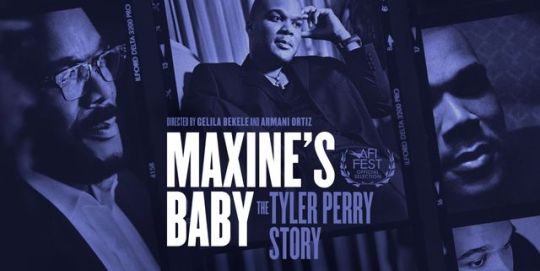
Maxine’s Baby: The Tyler Perry Story
Perry’s legacy in film, in Black American culture is imprinted. Generationally. What he’s done in the industry is groundbreaking. His non-traditional approach and method to all he’s accomplished is a testament to what we’ve always done as Black Americans when it comes to everything — having a seat at our own table we built. He broke the mold and shattered the glass ceiling. He truly has the Black American, ancestral lineage of perseverance running through his blood!
I also learned so much more about him and his relationship with his mother and his mother in general that I hadn’t known. Also, parts of him speaking about his mother connected a lot of why he has certain perspectives on life and relationships. The Black women in his life (his mother and aunt who is hero-like in my opinion for the type of action of love) truly played the biggest roles in his shaping as a young boy to becoming a man. We got an inside view of his mind and the journey of him becoming who he is.
Seeing the enormity of his success just is positively moving and stirring. I found myself super proud with the scenes of the grand opening of his ultimate studio! Those parts of the docu had me feeling like I could conquer anything. All of the studio grand opening touched my heart and made me smile tears of joy in the simple fact that he is the embodiment of our ancestors’ love, hope and courage. He built on what they started and I can feel them saying, “Well done.”
It’s moving and emotionally charging.
He also allowed us into the parts of his life as a father to his son. You can tell all that he does and is doing is to be able to give out the love he wished he could’ve gotten from the father-figure in now life. His relationship with his son is so beautiful.
The intimate portrait, bio styled documentary was a great watch. I definitely recommend.
Now….I must speak on the issues that I took with aspects of his footprint on the landscape of film.
Perry loses me when he says things like, “…what we’ve done to each other as Black people who are successful…”. He referenced the boycotting Amos ‘N’ Andy had received in its time along with Alice Walker’s The Color Purple. Amos ‘N’ Andy’s controversy: this show (was a TV adaptation of the radio sitcom of two white men who “adopted stereotypical dialect, intonations, and character traits that had been established in the blackface minstrel tradition in the 1800s”) came out in the midst of the Jim Crow era. An era we all know served to present imagery of Black Americans in racist propaganda replete with racist stereotypes and tropes. And the actors weren’t white men in blackface but actual Black men in these roles. Which is also the similar criticisms Perry’s Madea character receives.
The two shouldn’t be paralleled. Amos ‘N’ Andy was clearly stereotypical mockery (and no condemning the actors at the time) while Walker’s book is “inspired, in part, by a story that Walker's sister told her, about a love triangle involving their grandfather.” It is an account of real life experiences—a real depiction of what Black people, specifically Black women, were going through in the early 1900s in the Deep South. On the heels of freedom (this is post American slavery with the signing of the Emancipation Proclamation) yet still facing the aftershocks of “ending” slavery (racism has never ended), Black women still faced slave-like treatment from former plantation & slave owners and now sexism & patriarchal treatment from their partners (I say now not in a sense of this being completely new). All while gaining more freedom in their outspokenness for the domestic plights they faced with their significant others and demanding equal rights.
Walker’s book and the following film adaptation received backlash on account of the increasing fracture between Black women and Black men in a post “free” society.
Perry also mentioned the not so pleasant views Langston Hughes had with Zora Neale Hurston and her usage of the Black Southern dialect in her writings. That too is incomparable because again, she conveyed real life. These were not caricatures she fictionalized for comic relief.
(please leave Alice Walker and Zora Neale Hurston’s works alone in correlation to yours)
Or in an appearance from Killer Mike (in Perry’s documentary) alluding to the fact that other groups of people don’t take issue with the negative depictions of their people in film.
One — yes they have and do. Has he spoken to any other ethnic group to ask?
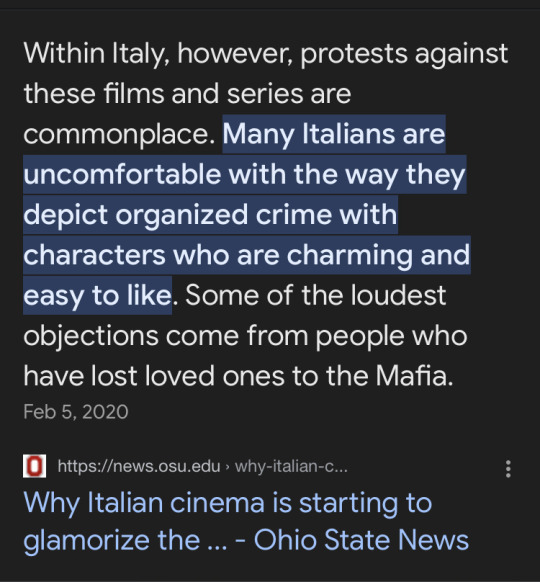
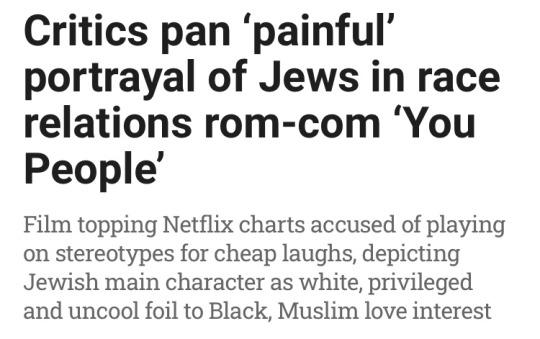
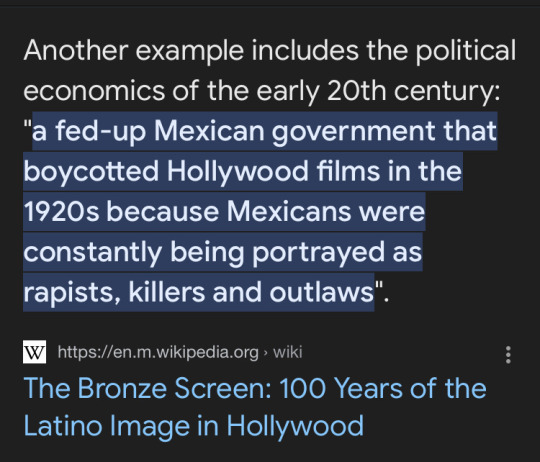
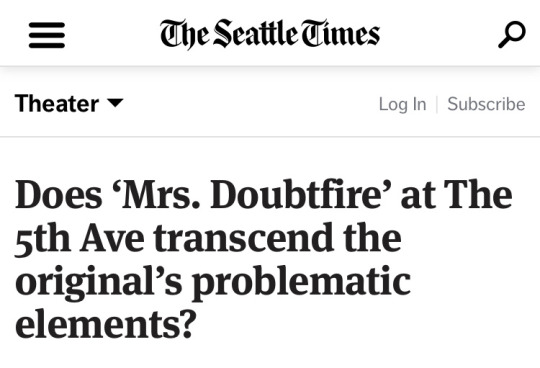

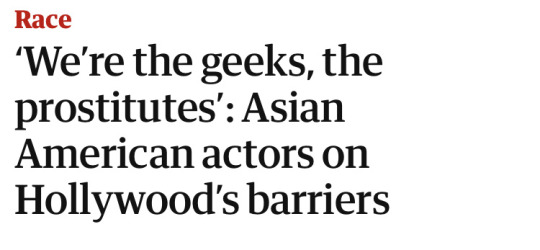
Two — yes, your core demographic, who is Black, will have the most dialogue regarding your work. Who else would? White people? No, because you don’t make art for them. Your work is rooted through the lens of Black Americans. Of course the biggest critique will come from us.
We have a very different relationship with our own country and the world at large. Centuries of ridicule in minstrel shows with not Black (because yes, it wasn’t only white people performing in blackface to mock us) people donning blackface or in film with dangerous propaganda that single-handedly created a racist, terrorist group (k k k). We are still dealing with the aftermath of these harmful depictions and are in constant corrective mode. It’s a continual action.
He spoke about intention as well. And while I don’t believe Perry’s intention of the Madea character (or any of his characters in his films, shows or plays—that’s a different conversation…among other talking points surrounding him can be discussed in an entirely separate talk) was to be problematic it is very damaging to the representation of Black American women — two things can exist. Especially considering all the negative portrayals and images of us over the many, many, many years in all forms of media that the character fits into (again no condemnation on any of the actresses at the time).
But with everything I’ve said, Madea will just always have a kindred connection with me.
I was first introduced to Tyler Perry years ago from a cousin who lent me a VHS of both “Madea’s Family Reunion: The Play” and “Diary of a Mad Black Woman: The Play”. And when Madea came across my screen in that loud shiny red funeral squirt suit, there was an instant likability! I laughed more than I had from anything scripted — in fact, his plays were the first time I had ever watched a stage play. And from then, I have always had a special place in my heart for his plays and for Madea! I purchased 6 DVDs of his plays afterwards and the “Diary” film while I was in my freshman year in college and those plays got me through my first year.
I am glad he’s since retired the character and opened a new chapter of the work he’s putting out but I can acknowledge that Madea and the work pre-Madea’s retirement has been and is a source of joy for me.
And I think that’s what Tyler wants to do with all that he does.
Bring us joy.
#Maxine’s Baby: The Tyler Perry Story#Tyler Perry#cinema#Black America#film talk#Black American cinema#film industry#Southern culture#Black tumblr#Black American culture#might be typos
5 notes
·
View notes
Text


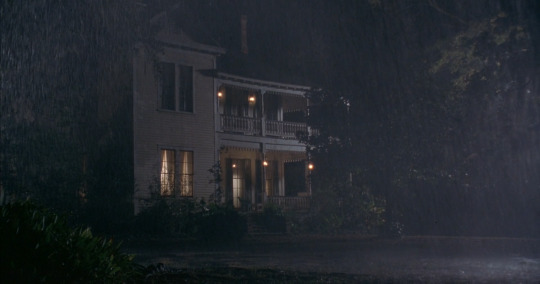
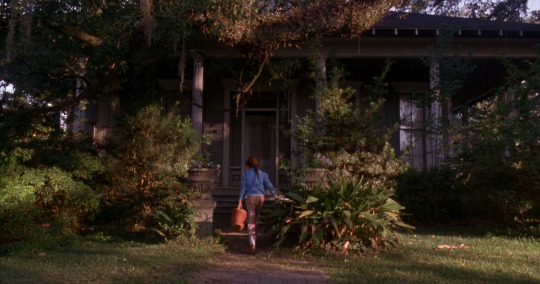
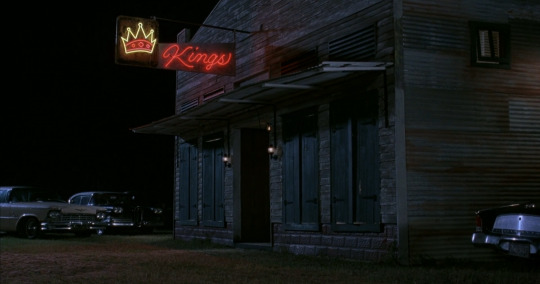
Eve's Bayou (1997), dir. Kasi Lemmons
#eve's bayou#southern gothic#american gothic#louisiana#rural gothic#black films#90s cinema#90s movies#deep south#gothic film#kasi lemmons#josiah's caps
946 notes
·
View notes
Text



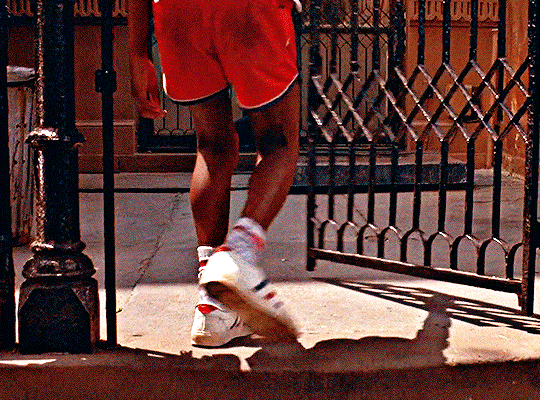
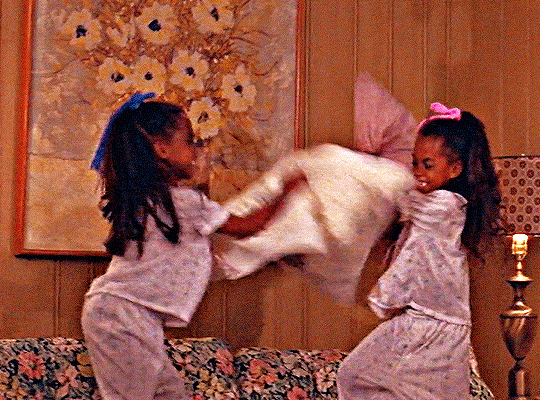
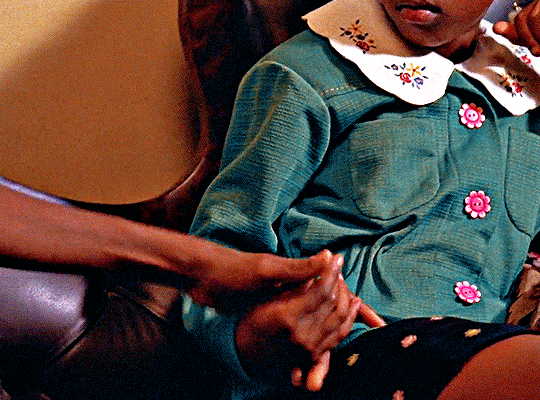
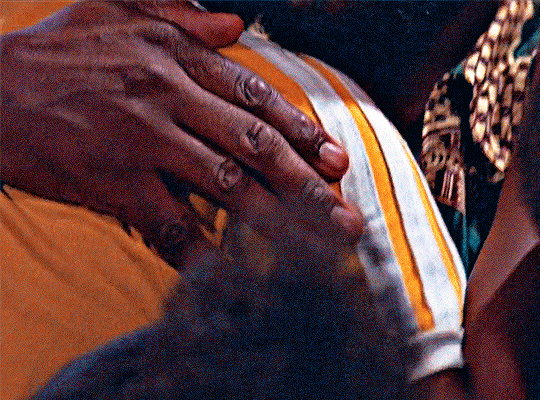

Alfre Woodard on Crooklyn (1994) for R29:
“To my knowledge, we hadn’t seen a Black family that was just presented as we are in life, as human beings,” Woodard said. “I get told in Belgium by white Belgians ‘I love Crooklyn, it reminds me of growing up.’ Which is what happens when you tell a story from a specific point of view, you don’t have to mention race. You didn’t get up this morning like ‘I’m a black woman that wants a cup of coffee.’ You just want a cup of coffee. It was us as we are. Just us being fabulous, complex, funny, delightful, and making ends meet. And seeing, even within that story, that we’re not monolithic...The specificity is what makes it universal. Diversity is not the point; showing reality is the point.”
#i just love it sm this is ur sign to watch Crooklyn again#happy 30 yr anniversary#crooklyn#spikeleejoint#crooklyn (1994)#mygifs#cgedits#gifsets#film#filmgifs#moviegifs#blackinmotionpictures#cinematv#american cinema#hd gifs#spike lee#Ruth E. Carter#black film#black movies#black#black culture#black women#poc#black hair#black history#joie lee#delroy lindo#Alfre Woodard#zelda harris
254 notes
·
View notes
Text
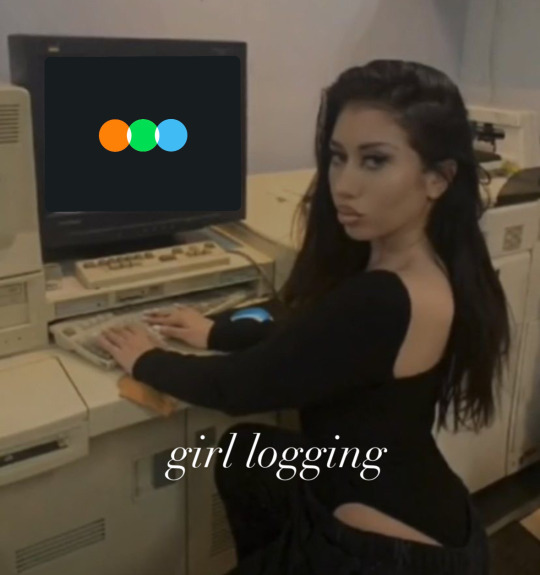
#letterboxd#film#cinema#girlblogging#girlblogger#girlrotting#lana del rey#hell is a teenage girl#this is what makes us girls#girlcore#girl interupted syndrome#lana del ray aka lizzy grant#lana del ray aesthetic#coquette girl#femcel#coquette aesthetic#divine feminine#coquette grunge#manic pixie dream girl#2014 tumblr#black swan#jennifers body#coquette#american horror story#evan peters#sofia coppola#ahs fandom
82 notes
·
View notes
Text


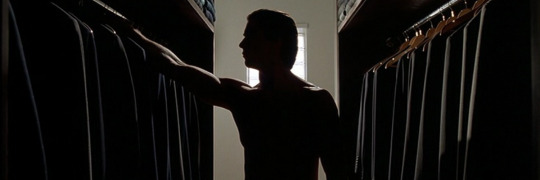
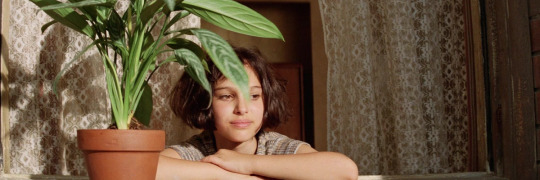
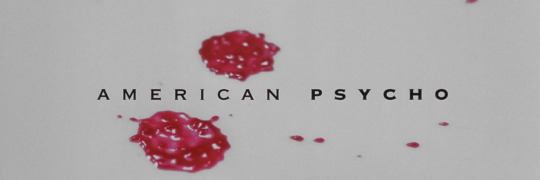



🍿 random movies headers 🍿
#dumpitos#headers#twitter headers#movies headers#headers random#cool headers#headers movies#pulp fiction#american psycho#black swan#the professional#90s#2000s movies#movies#cinema#oscar#headers hollywood#headers cinema
244 notes
·
View notes
Photo
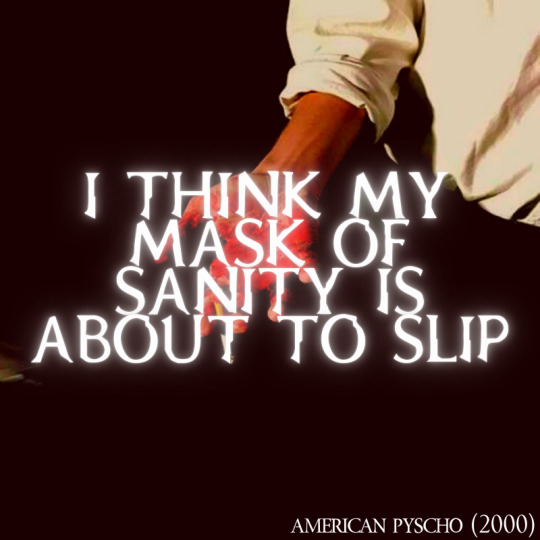
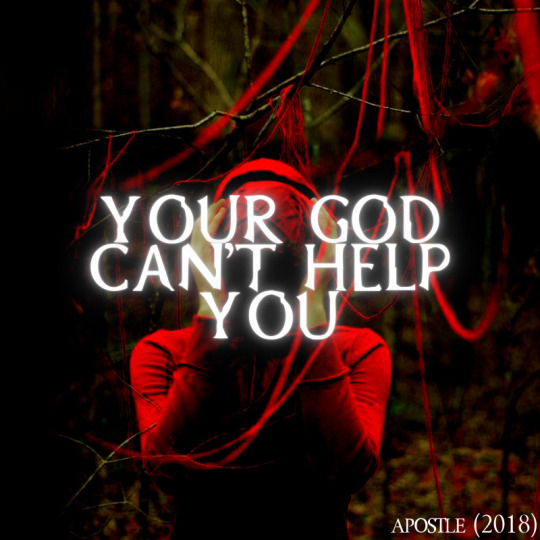

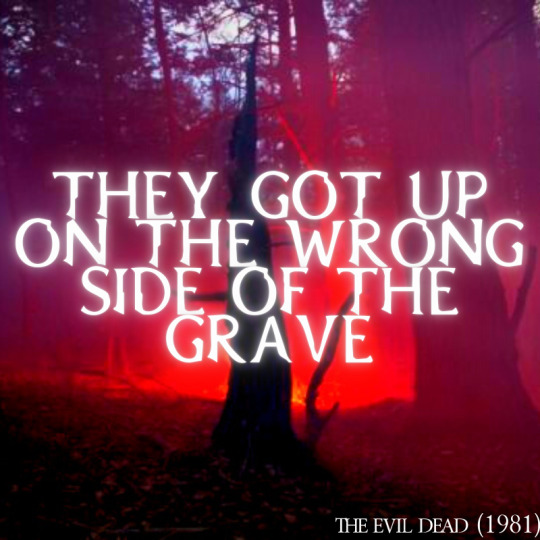
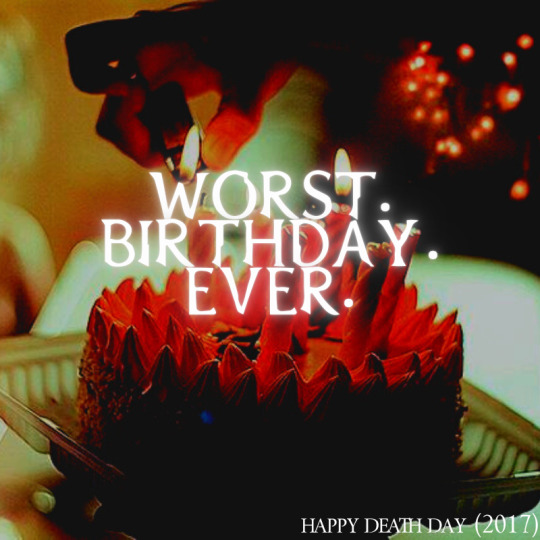
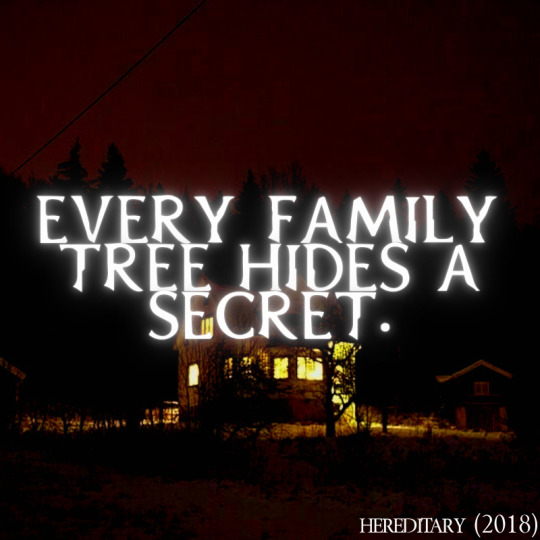
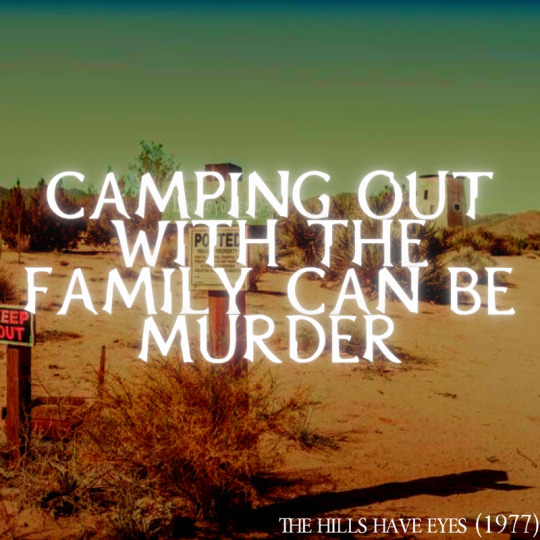
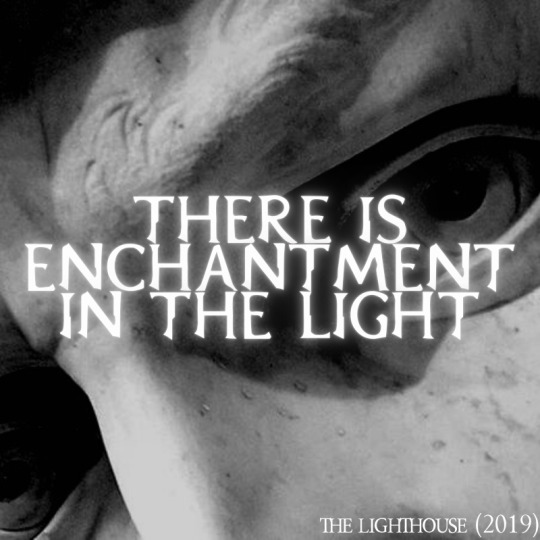

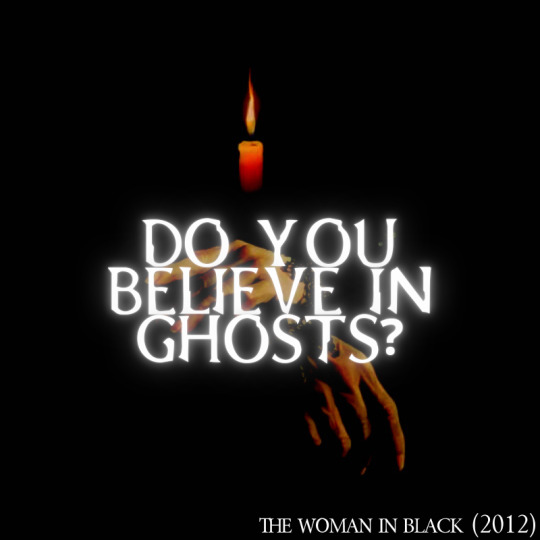
horror taglines iiii
#horror#horror movies#horror taglines#american psycho#apostle#candyman#the evil dead#happy death day#hereditary#the hills have eyes#the lighthouse#the neon demon#the woman in black#filmsedit#moviesedit#cinema#horroredit#graphics
669 notes
·
View notes
Text



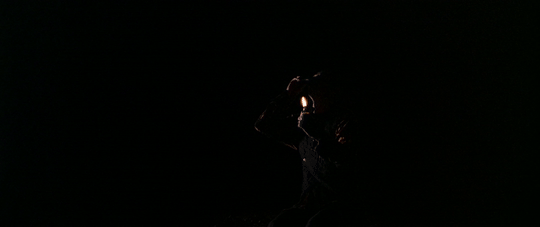
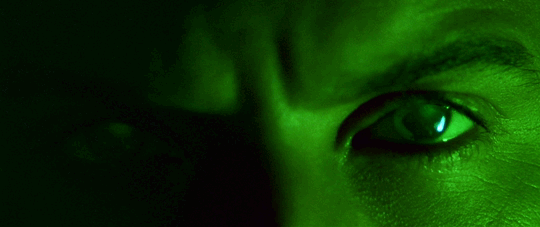
Pitch Black (2000)
---------------------
dir. David Twohy
cin. David Eggby
cs. USA
#pitch black#riddick#chronicles of riddick#2000s#2000#2000 movies#vin diesel#radha mitchell#cole hauser#rhiana griffith#keith david#lewis fitz-gerald#david twohy#david eggby#science fiction#american cinema#horror#science fiction horror
38 notes
·
View notes
Photo

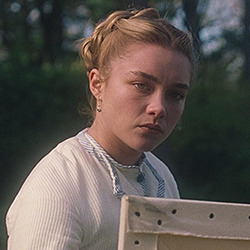
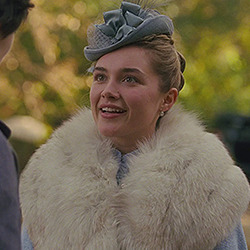

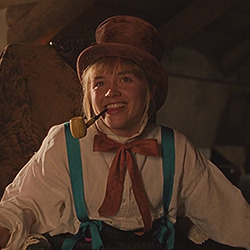


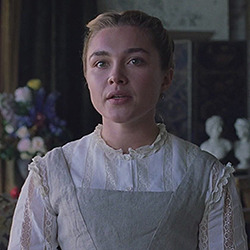

Florence Pugh as Amy March in “Little Women” icons.
like if you save or use :)
#florence pugh#florence pugh icons#little woman 2019#little women#amy march#amy march icons#saoirse ronan#emma watson#timothée chalamet#meryl streep#laura dern#eliza scanlen#jo march#margaret march#laurie laurence#2019#2010s cinema#american cinema#yelena mcu#Black Widow#Scarlett Johansson#natasha romanov#mcu#the wonder#midsommar#films#filmedit#films icons#icons#Twitter Icons
205 notes
·
View notes
Text
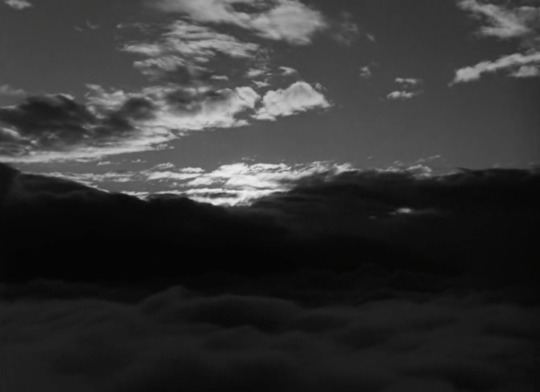


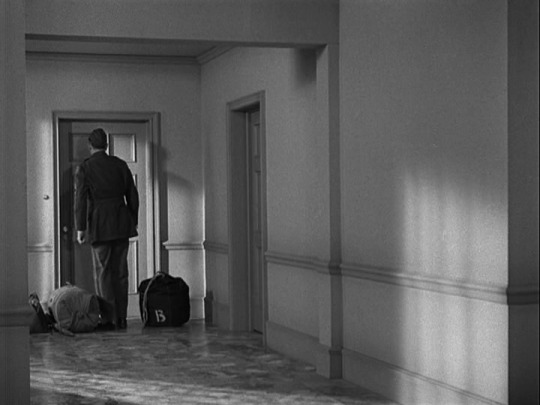


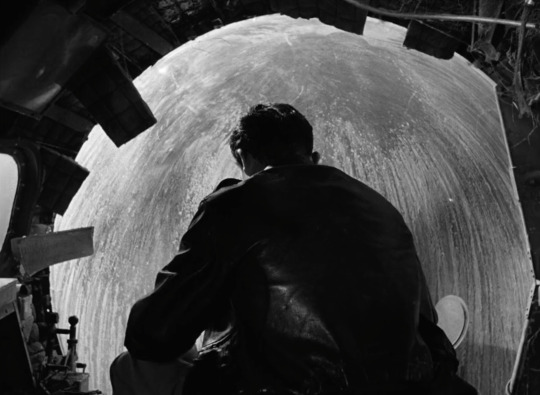

SUBLIME CINEMA #673 - THE BEST YEARS OF OUR LIVES
Criminally difficult to find a good transfer of this film - Criterion has ignored It, and it's unusual for a movie that once took home eight Oscars to have been so forgotten. But this is a profound, understated masterpiece, with some incredible cinematography by Citizen Kane's Gregg Toland.
#cinema#film#films#cinematography#movies#movie#filmmaker#william wyler#the best years of our lives#Gregg toland#harold russell#cinephile#40's#academy awards#black and white#black and white cinematography#great film#classic film#american films#war film#ww2#world war 2#veteran
34 notes
·
View notes
Text
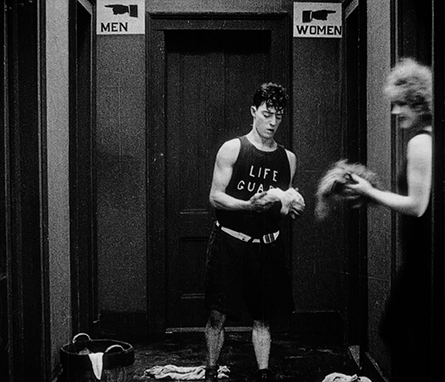
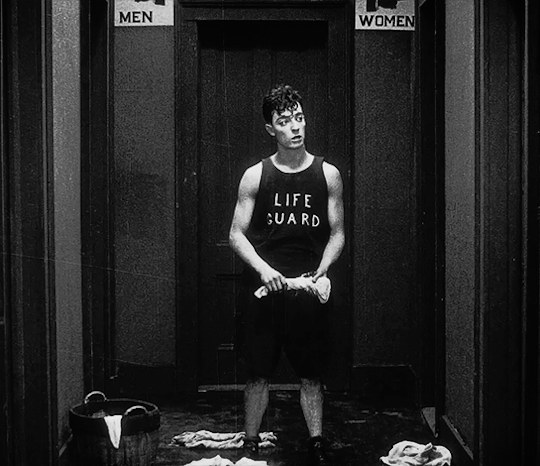
Coney Island - 1917
#buster keaton#coney island#1917#1910s#1920s#old hollywood#vintage hollywood#black and white#silent film#slapstick#gifs#buster edit#pre code#pre code hollywood#american cinema
70 notes
·
View notes
Text

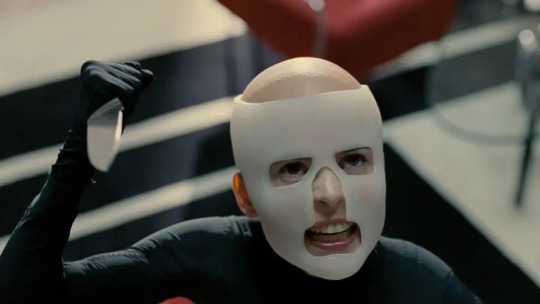


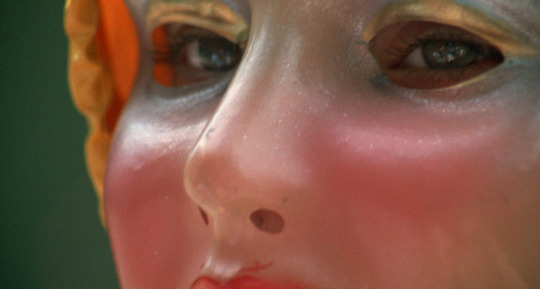
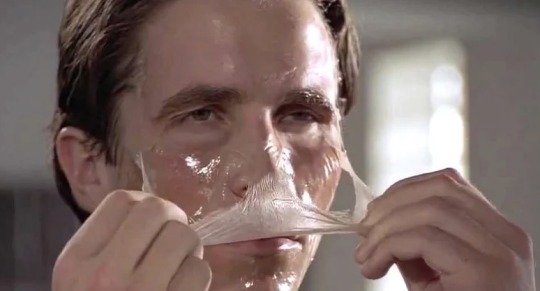
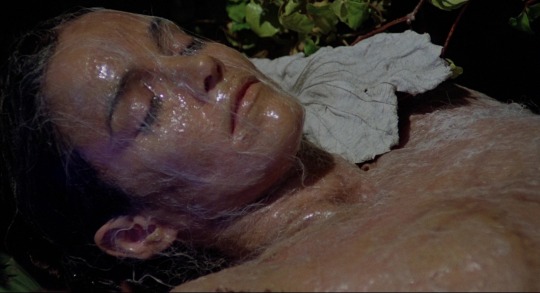

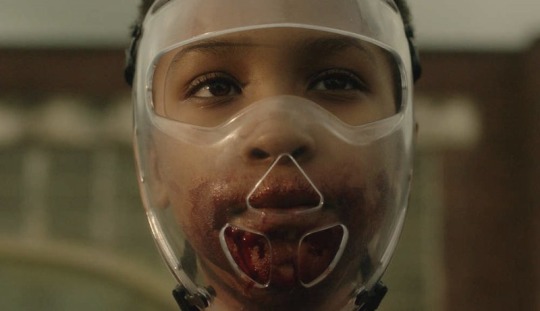

Gerard Way x Cinema (and Television): The Skin I Live In (2011) Dir. Pedro Almodóvar// Hannibal (2013-2015) Season 2 Episode 5 “Mukōzuke” Dir. Michael Rymer// V/H/S (2012) segment “Second Honeymoon” Dir. Ti West// Alice, Sweet Alice (1976) Dir. Alfred Sole// American Psycho (2000) Dir. Mary Harron// Invasion of the Body Snatchers (1978) Dir. Philip Kaufman// Black Christmas (1974) Dir. Bob Clark// The Girl with All the Gifts (2017) Dir. Colm McCarthy
#gerard way x cinema#gerard way#mcr#my chemical romance#the skin i live in#hannibal#vhs#v/h/s#alice sweet alice#American psycho#invasion of the bodysnatchers#black christmas#the girl with all the gifts
341 notes
·
View notes
Text
Eve's Dreams | Eve's Bayou+Dreams
Kasi Lemmons+Solange
#Eve's Bayou#Kasi Lemmons#Solange#Dreams#tani b art#tani b#montage#Jurnee Smollett#25th anniversary#1997#11.7.1997#ahead of the official date#Black American cinema#Black American music
12 notes
·
View notes
Text
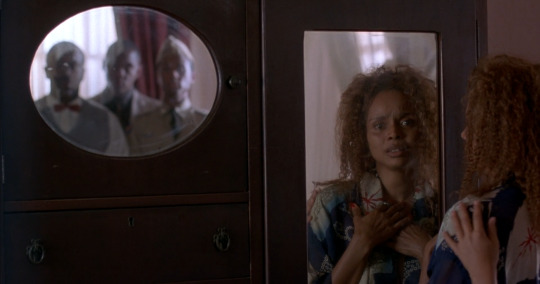

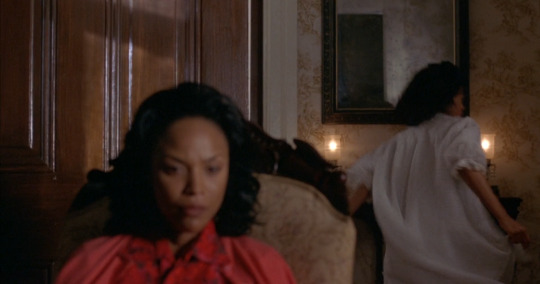
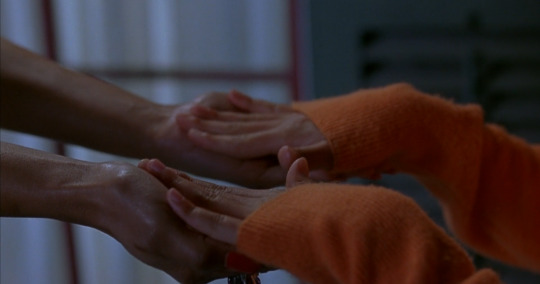
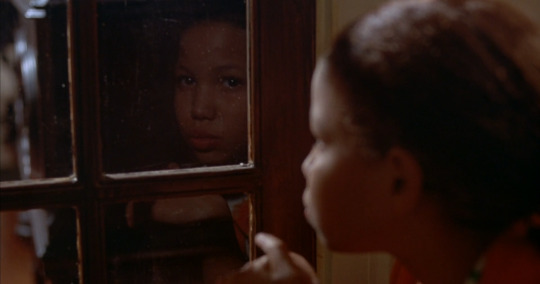
Eve's Bayou (1997) dir. Kasi Lemmons
#eve's bayou#southern gothic#kasi lemmons#black films#90s movies#90s cinema#gothic films#american gothic#black cinema#josiah's caps
97 notes
·
View notes
Text
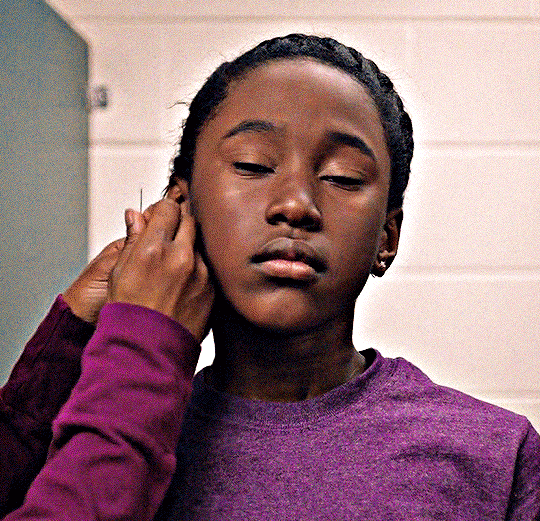

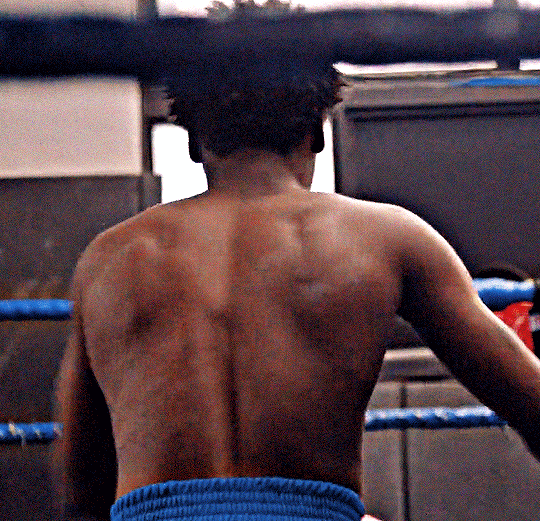
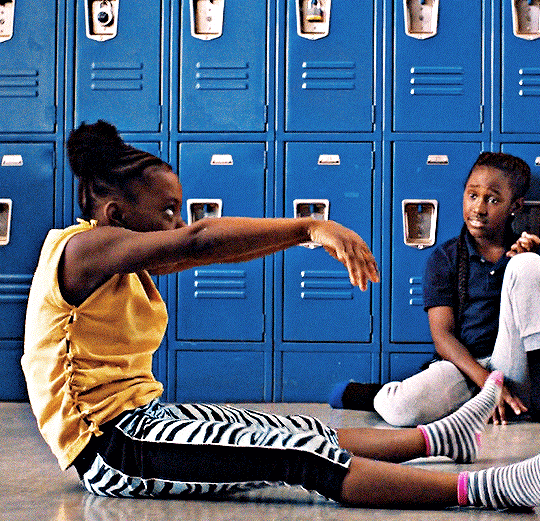



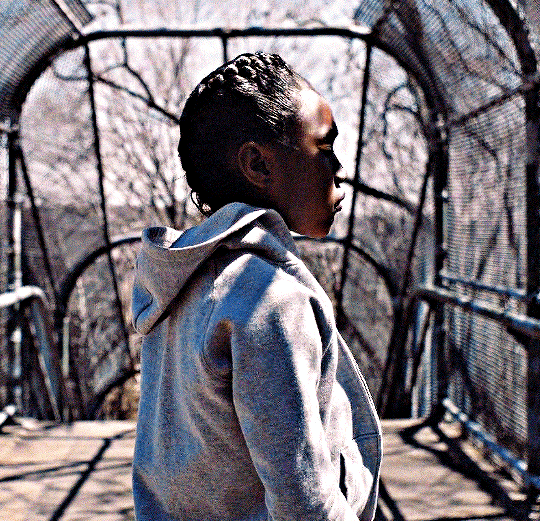
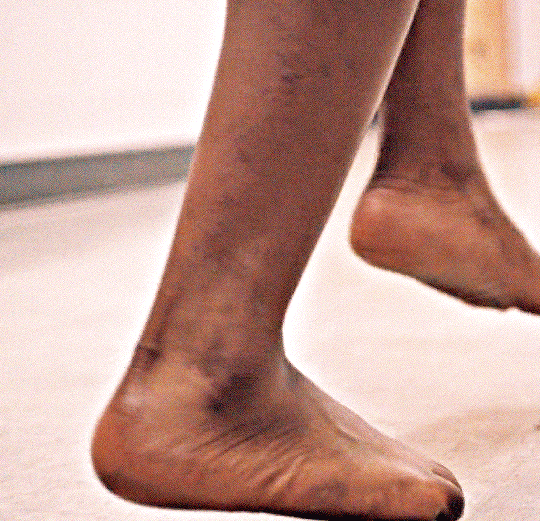
Film & TV I Think About A Lot » The Fits (2015) dir. Anna Rose Holmer
You know it's gonna happen to us. Just thinking about what my sister said, you know? What do you mean? I just... I just wanna know how it feels. Aren't you scared? Yeah, but it doesn't matter. It'll happen to us anyway. It hasn't happened to any of the boys. Yeah, but we're not them.
#cgedits#mygifs#cftv#another film where i wanted to gif every second because it is absolutely gorgeous - especially the end UGH chills#there is a podcast called for colored nerds and they did a whole episode on this movie and theyre the only people ive heard talk about it#it is on the same level as Moonlight or Get Out for me - except the monster is a metaphor for puberty and girlhood#the fits#the fits (2015)#blackinfilm#black films#indie film#filmgifs#cinema#movies#film#black#moviegifs#blackinmotionpictures#cinematv#american cinema#Anna Rose Holmer#userfilm#fyeahmovies#royalty hightower#what a name#dailyfictionalblackgirls#women directors#poc#black women
21 notes
·
View notes
Text
#afi#american film institute#afi top 100#movie polls#best movies#best films#the wizard of oz#vertigo#singin in the rain#schindler's list#lawrence of arabia#citizen kane#casablanca#casablanca 1942#raging bull#gone with the wind#the godfather#vertigo 1958#the godfather 1972#old hollywood#vintage movies#old movies#classic film#classic cinema#black and white movies#1930s movies#1940s movies#1950s movies#1970s movies#1990s movies
16 notes
·
View notes